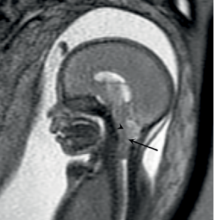The American College of Radiology (ACR) announced in a recent statement that if Congress does not act, millions of women may lose insurance coverage for annual mammograms. Patient groups, minority healthcare advocates and breast cancer experts are urging Congress to extend a federal mandate that effectively requires insurers to fully cover annual screening mammograms for women ages 40 and older.
© Copyright Wainscot Media. All Rights Reserved.
Subscribe Now

